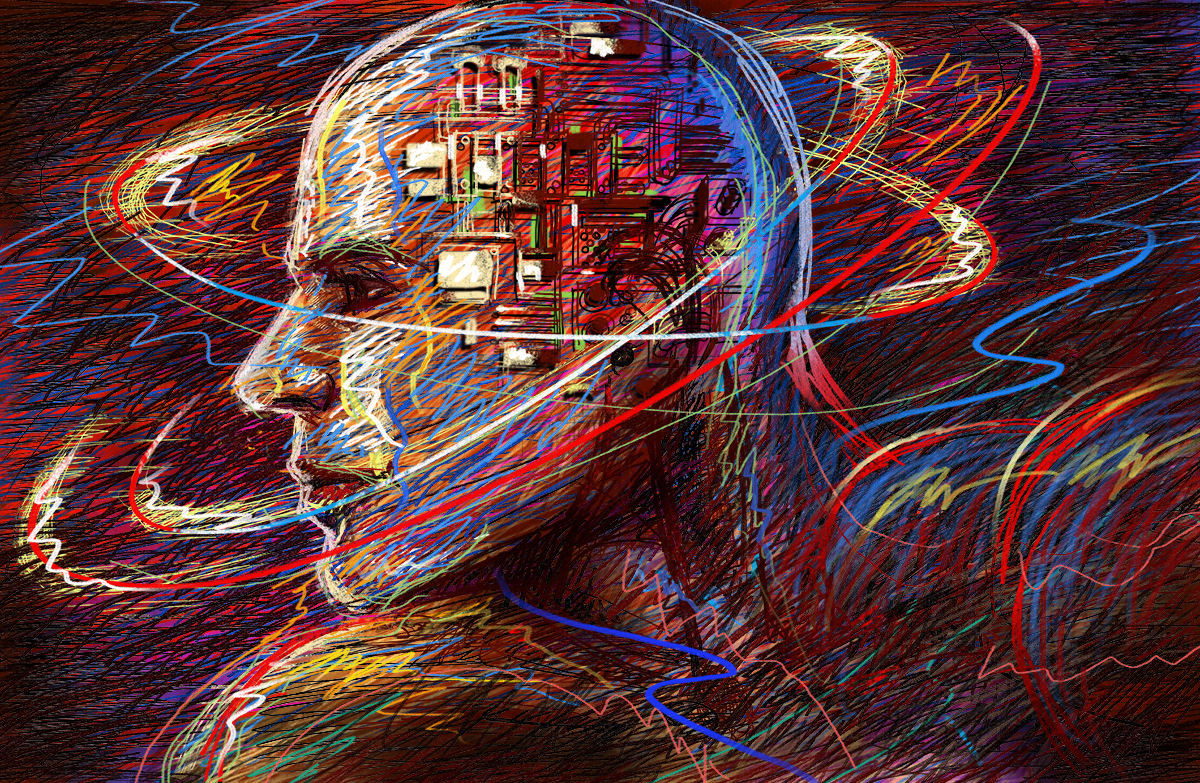I pinched this line from an article (Investigating Atheism) posted by Philip Bannor (thanks Phil). Btw, I do recommend it, but I personally got too distracted by this to give the whole article my full attention. I need to express my views on this aspect for now. So …’Purpose is something we put into the world, and it derives completely from us, and has no reality outside of us.’I know many, if not most Atheists fall back on this response to theist’s challenges about the issue, but I have a very different view and I’d like to share it, in case any of you resonate with me on it.
The line above smacks a bit of egocentricity; as if ‘I’ can ascribe meaning or purpose to ‘my’ life, and everyone else’s life is up to them. I get that, in its essence, but I think it’s a bit limiting in scope, and I think it’s limitations come from the reactionary ‘demeanour’ that it carries, which I attribute to a natural opposition to what came before it (divine purpose). In that scenario, we are nothing but toys/play things, for our ‘creator’, which is understandably something worth reacting to.
However, I see my purpose as something far more connected to the universe than that. As a result, I see my connectedness to the rest of humanity; to our fellow Earth species; to the environment. Here’s why:
Everywhere we look; that science investigates, we find systems. We find systems that are a part of larger systems, and that contain smaller systems. On a continuum of existence, we find that we are actually ‘part of’ everything; in the same way that when we look at the Milky Way, we know we are both observers and constituents. If I could personify a cell in a living body, I would assume a ‘constituent purpose’ of that, and every, cell in the body. For each cell to survive, each cell has to be both self-protective and cooperative/productive, so that the host will survive. This is a mechanism in nature/the universe that is apparent, yet has no intellect or determinism to it. It’s just the laws of the universe orchestrating in such a way as to establish and maintain an equilibrium. In this way, everything is represented by, and within, an ecosystem, of sorts. There is a universal symbiosis that we are inevitably governed by.
My point is that we either recognise this and work to harmonise within each system we are a part of, or we take it on ourselves to disturb the equilibrium. It’s difficult with us humans, because we are the first (and only) species to have a choice in this … or so we think.
The fact is that there are other ‘entities’ that appear to operate in a disconnected way. When cells within a body cease to function in harmony with the host, either one of two things happen; the host kills the cells or the cells kill the host … and thus, themselves. I’m reminded of the monologue by Agent Smith, in The Matrix lol.
But this feels too fatalistic to me. Enlightenment offers salvation. On the surface it appears that we began an inevitable crumbling from our natural state when we became self-aware. Our superior intellect seems to be the cause of our undoing, but I believe our problem doesn’t come from thinking too much, but by thinking too little. Like an adolescent who has the thrill of self-determinism, yet no skills or insights to apply it, so are we as the human species.
Just because the ‘natural way’ is to enforce a power hierarchy among ourselves, as lions do, doesn’t mean that we can’t find a different, more ‘humane’ way to establish a workable harmony. Enlightenment IS part of our evolution, and it can surpass the instincts that have brought us this far, if we learn to use it “in CONTEXT” with our natural world.
So, MY purpose, and yours, should you choose to accept it (lol) is to keep myself healthy, and to balance my importance with that of my fellow humans, fellow Earth species, and the environment that supports us. It’s not just a ‘warm-fuzzy’ platitude, but a well considered wisdom to live by. It’s actually utterly essential. No choice in the matter at all.








What did you think of this article?